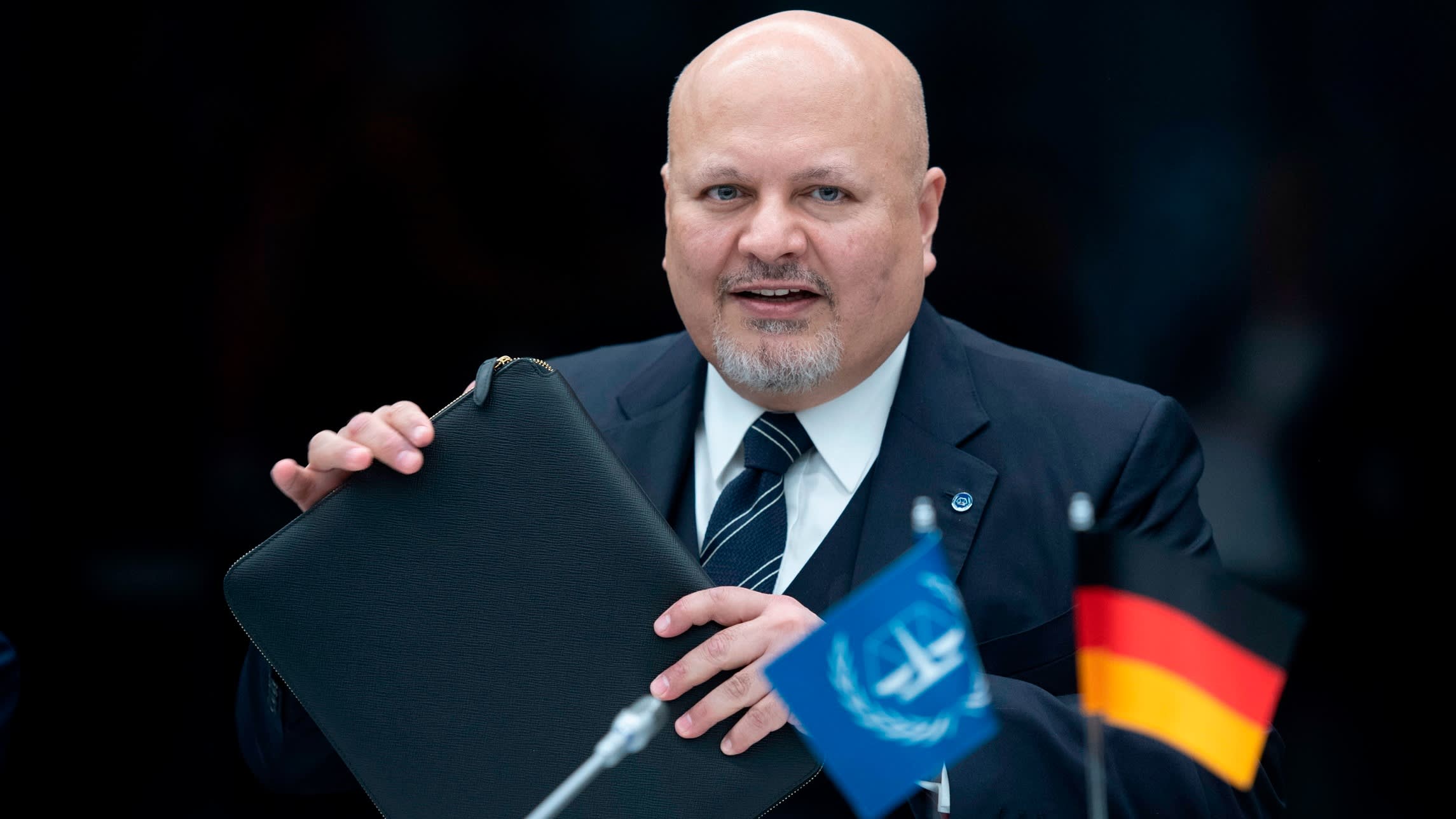A water company co-founded by the treasurer of the Conservative party is in discussions to take a stake in Thames Water, which is looking to raise billions of pounds to avoid a potential renationalisation.
Castle Water — which acquired Thames Water’s corporate customers from the utility in 2017 — is looking at contributing new equity to bolster the balance sheet of the UK’s largest water utility, according to four people familiar with the matter. Castle Water is looking to take a controlling stake, one of the people has said.
Graham Edwards, who has donated millions of pounds to the Conservative party and serves as its treasurer, is one of Castle Water’s co-founders, directors and shareholders.
Castle Water recently signed a non-disclosure agreement to potentially provide new equity funding for Thames Water, the people familiar with the situation said, allowing the company to conduct due diligence on the utility’s private financial information.
Under Castle Water’s plans, shares in Thames Water would be publicly listed in two to three years to “bring the transparency that stock market-listed water companies deliver”, said one person close to the discussions. They added that Castle Water had funding in place for the equity raise and that it would bring in additional management capabilities for a turnaround of the troubled utility, which serves about 16mn customers in and around London.
The size of the stake under discussion is unclear but would be expected to give Castle Water control over the utility.
Thames Water is looking to raise as much as £3bn from new investors in this equity raise, overseen by investment bank Rothschild, after the pension and sovereign wealth funds that own the company declared it “uninvestable” and walked away from providing further funding in March.
The monopoly is also seeking an increase to its bills of 53 per cent in real terms by 2030 to enable it to raise the £3bn of funding it needs just to keep running and deliver infrastructure improvements.
Edwards co-founded Castle Water with its chief executive John Reynolds in 2014 to capitalise on the deregulation of the business water market, where companies other than the utilities were allowed to handle customer complaints, bills, meter readings and some operational issues.
Castle Water’s most recent accounts state that the company is ultimately controlled by a trust of which Edwards is a beneficiary. Accounts for WPGSS Limited, which is listed on Companies House as owning more than 50 per cent of Castle Water’s shares, also state that Edwards is its “ultimate controlling party” through a British Virgin Islands holding company.
Edwards is also the executive chair of TT Group, one of the UK’s largest privately held property companies, and has close ties to the real estate group’s owners, the billionaire Pears family.
Reynolds, Castle Water’s chief executive, is a former investment banker and a former member of the Water Industry Commission for Scotland. Reynolds also previously served as the chair of the Church of England Ethical Investment Advisory Group and is the author of the book Ethics in Investment Banking.
Separately to the equity raise, Thames Water on Friday said it was seeking to borrow £3bn from creditors to allow it to keep operating until October next year.
The proposals have been tentatively agreed with the creditors involved, who are the largest holders of some of Thames Water’s most senior debt and include hedge fund Elliott.
They would charge interest of 9.75 per cent a year on the funds, far above market rates for most loans, and would also be paid fees.
But Thames Water also needs a decisive majority of its other lenders to agree to extend existing debt by two years and to consent to the new loan arrangements.
Castle Water, Thames Water, the senior bondholders and the Conservative party declined to comment. Edwards did not immediately respond to a request seeking comment.
Additional reporting by Ivan Levingston in London






 Scams are on the rise. Not a day goes by without us receiving scam messages via email, telephone or social media.
Scams are on the rise. Not a day goes by without us receiving scam messages via email, telephone or social media.


































































































































































You must be logged in to post a comment Login